Explosive Transients and Multi-messenger astronomy
The transients group at Warwick studies all manner of explosive, extra-galactic transients as probes physics at the extremes of matter. Our interests lie primarily in supernovae, fast blue-optical transients (FBOTs), and the electromagnetic counterparts to gravitational wave sources - kilonovae. We study their multi-wavelength signatures to understand the explosion mechanisms and the nucleosynthesis of these events. In addition, we are interested in the host galaxies and local stellar populations of transients, and pioneer integral-field spectroscopy as a tool to further understand the progenitor systems. At Warwick, we are leading the development of the Gravitational wave Optical Transient ObserverLink opens in a new window (GOTO) facility. GOTO is a dual-site observatory aimed at enabling multi-messenger astronomy, and bringing together an international collaboration of scientists to study many aspects of time-domain astrophysics. Our group is heavily-involved in ENGRAVELink opens in a new window, the European effort to detect and characterise multi-messenger events, and ePESSTO+Link opens in a new window.
Research news, job opportunities and possible PhD projects are shared part of the main Astronomy and Astrophysics group webpages. You can also find more specific information on PhD and Research Fellowships in the Transients and Multi-messenger area.
Academic Staff
| Name | Research Interests | ||
| Danny Steeghs (professor) |
D.T.H.Steeghs@warwick.ac.uk |
|
 |
| Deanne Coppejans (associate professor) |
Deanne.Coppejans@warwick.ac.uk |
|
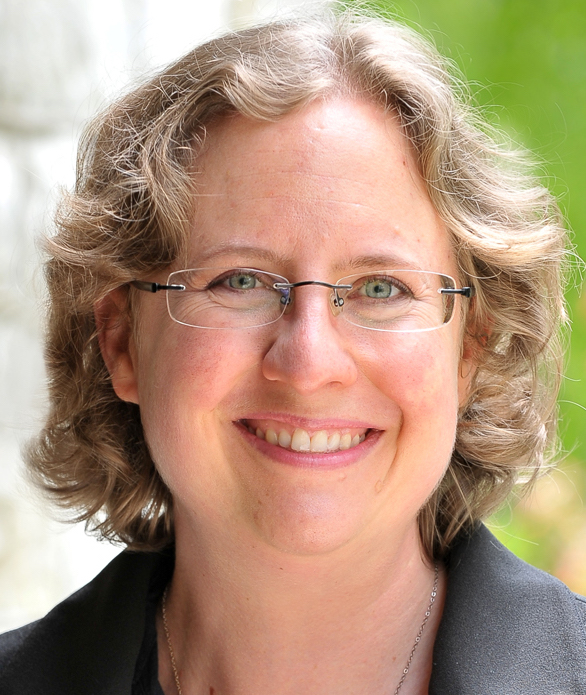 |
| Joe Lyman (associate professor, Future Leader Fellow) |
J.D.Lyman@warwick.ac.uk |
|
 |
| Elizabeth Stanway (reader) |
E.R.Stanway@warwick.ac.uk |
|
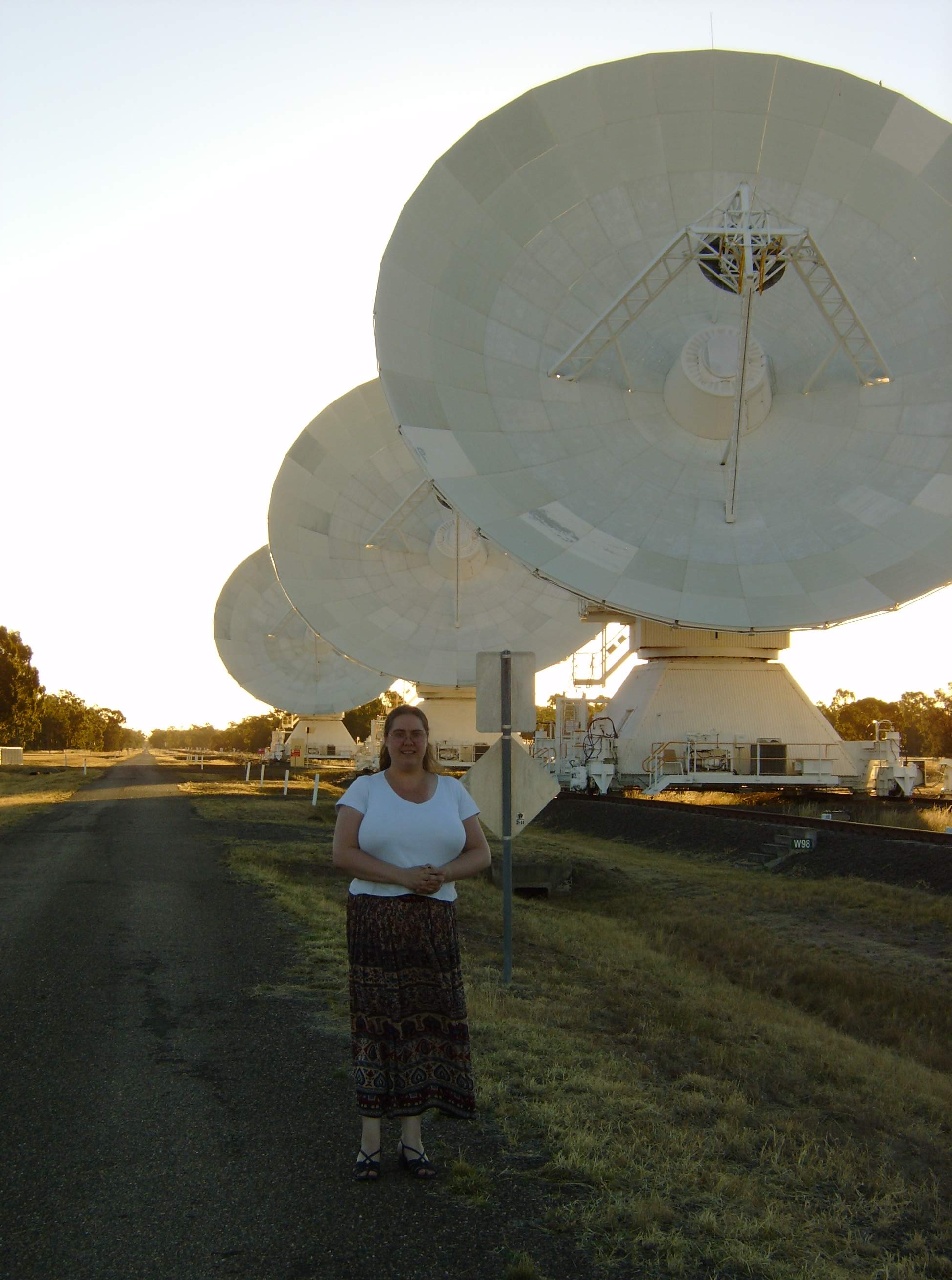 |
| Krzysztof Ulaczyk (senior research fellow) |
K.P.Ulaczyk@warwick.ac.uk |
|
 |
Research Staff
| Name | Research Interests | ||
| Kendall Ackley (post-doctoral research fellow) |
Kendall.Ackley@warwick.ac.uk |
|
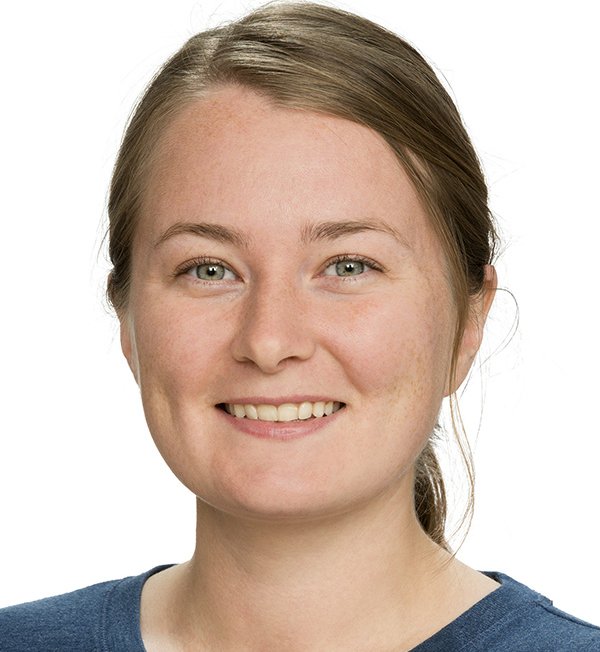 |
| David O'Neill (post-doctoral research fellow) |
David.O-Neill@warwick.ac.uk |
|
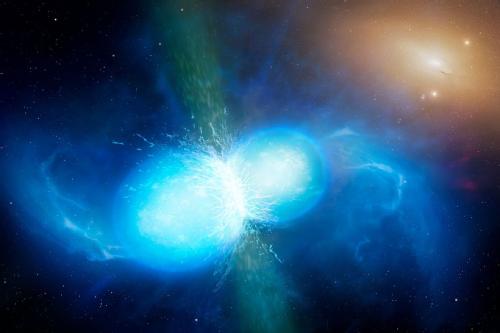 |
|
Mark Magee |
Mark.Magee@warwick.ac.uk |
|
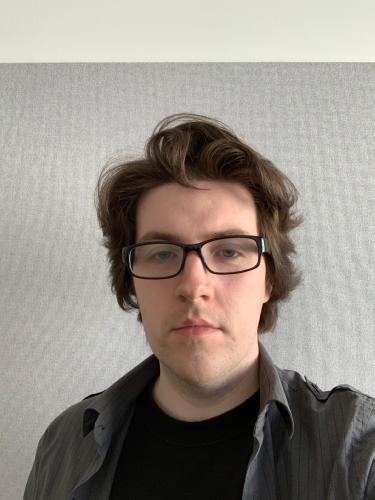 |
|
Miika Pursiainen |
Miika.Pursiainen@warwick.ac.uk |
|
 |
Postgraduate Students
| Name | Research Interests | ||
| Benjamin Godson |
Benjamin.Godson@warwick.ac.uk |
|
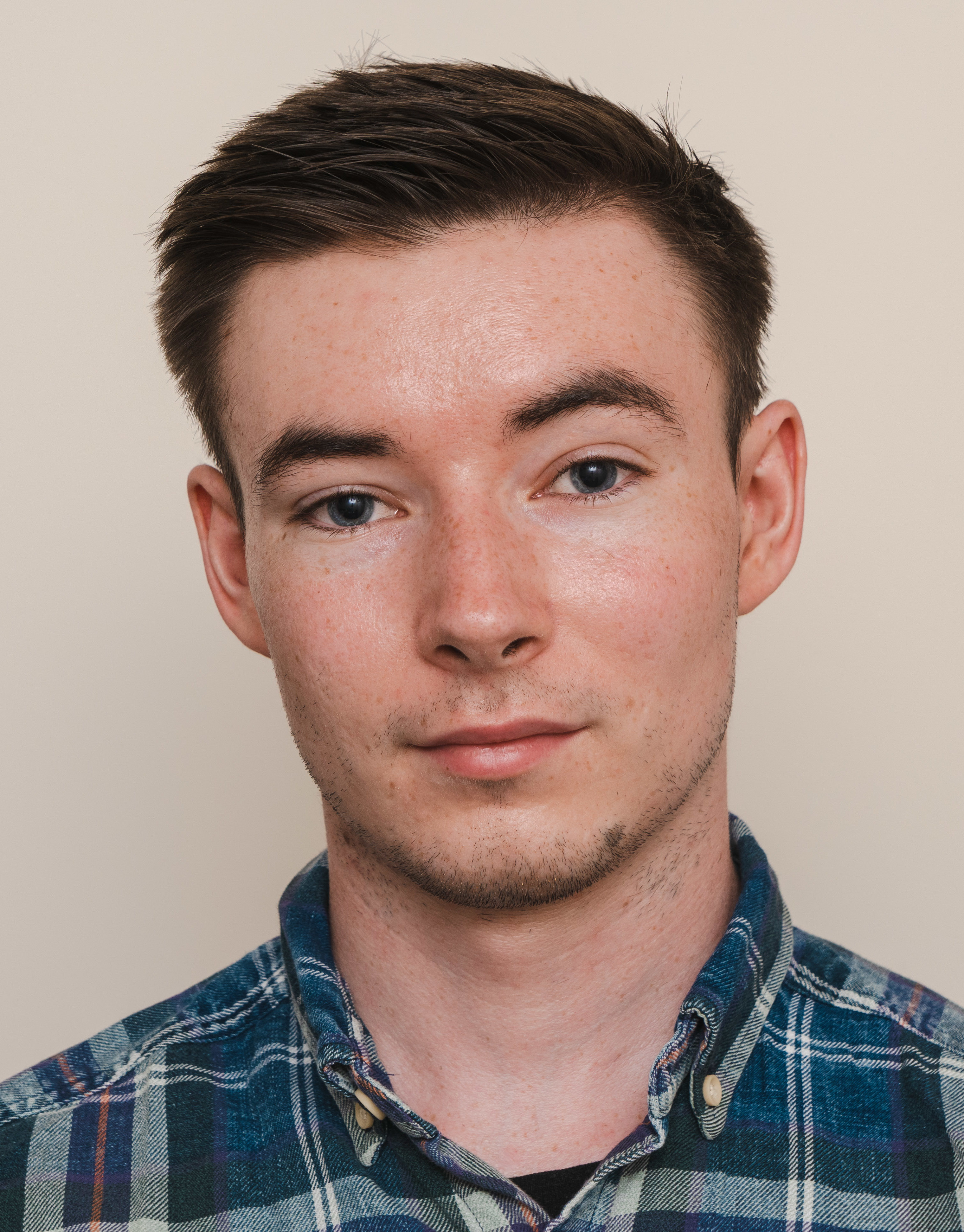 |
| Christopher Phillips |
Christopher.A.A.Phillips@warwick.ac.uk |
|
 |
| Anwesha Sahu |
Anwesha.Sahu@warwick.ac.uk |
|
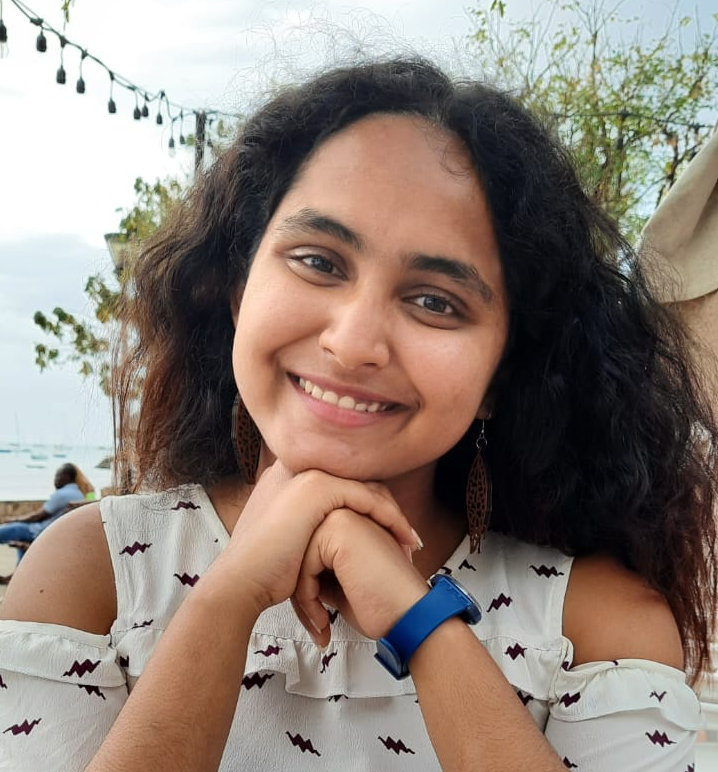 |
| Ben Warwick |
Ben.Warwick@warwick.ac.uk |
|
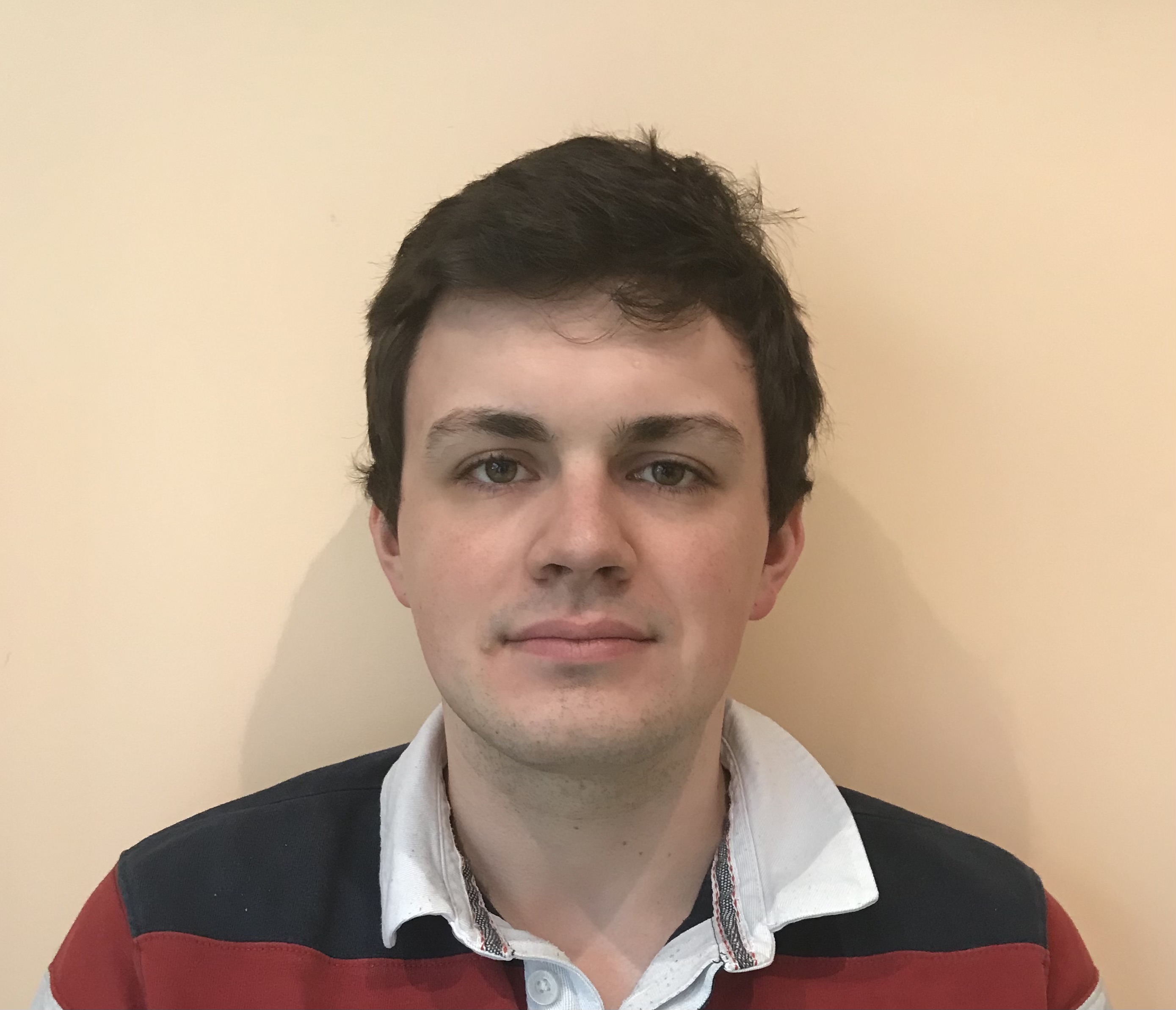 |
| Miriam West |
Miriam.West@warwick.ac.uk |
|
 |
